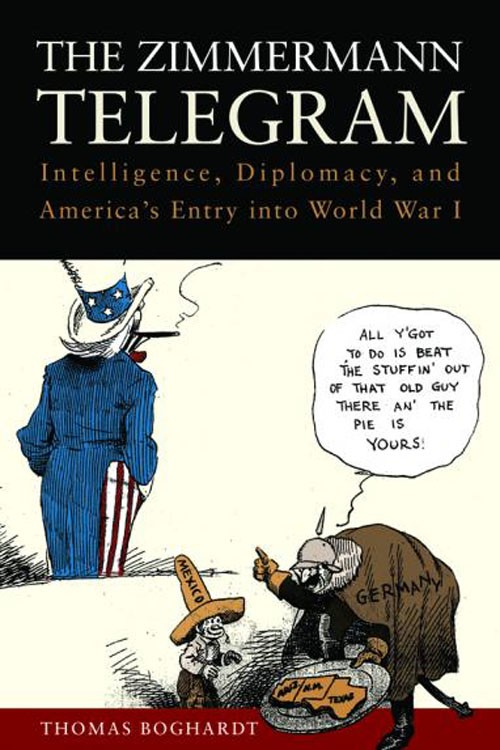

To solve these problems, British Intelligence ran an operation in Mexico to bribe a commercial telegraph company employee to provide a copy of the coded telegram (the transmission from the German Embassy in Washington to Mexico City was in an older code that the British were prepared to "sacrifice" for the greater good of getting the Americans in the war on their side). from learning that our diplomatic cable was being monitored Keep the Germans from learning that their codes had been broken. Doing so would present the British with three major problems The Director of Naval Intelligence, Captain Reginald Hall, initially did not want to release the contents of the telegram to the United States, fearing (rightly) that it would end up in the public domain. The success of British code-breaking was the result of multiple fortuitous events, of which one of the most significant was the grounding of the German light cruiser Magdeburg in the early days of the war off Russian-occupied Estonia, and the resulting Russian capture and sharing of several German code books. By this time of the war, British Naval Intelligence could break several German codes (so could British Military Intelligence, but cooperation between the two was extremely strained) including the new code used for the Zimmerman telegram. Ambassador to pass it in code without informing him of the content. caveat was that German diplomatic traffic on this cable was to be passed in the clear, however, in the case of the Zimmerman telegram, the Germans convinced the U.S. This cable went via a relay station in England, which was monitored by British Naval Intelligence, unbeknownst to the U.S. Embassy in Berlin, which forwarded the traffic via the U.S.


As a result, German diplomatic communications from Berlin to their embassy in Washington DC, with the agreement of the neutral U.S., were passed to the U.S. In the first days of WWI, the British successfully executed a rather audacious plan (first formulated in 1911) to use a cable ship to cut German trans-oceanic cables close to their source off Germany, in order to force the Germans onto wireless or other paths that could be intercepted.


 0 kommentar(er)
0 kommentar(er)
